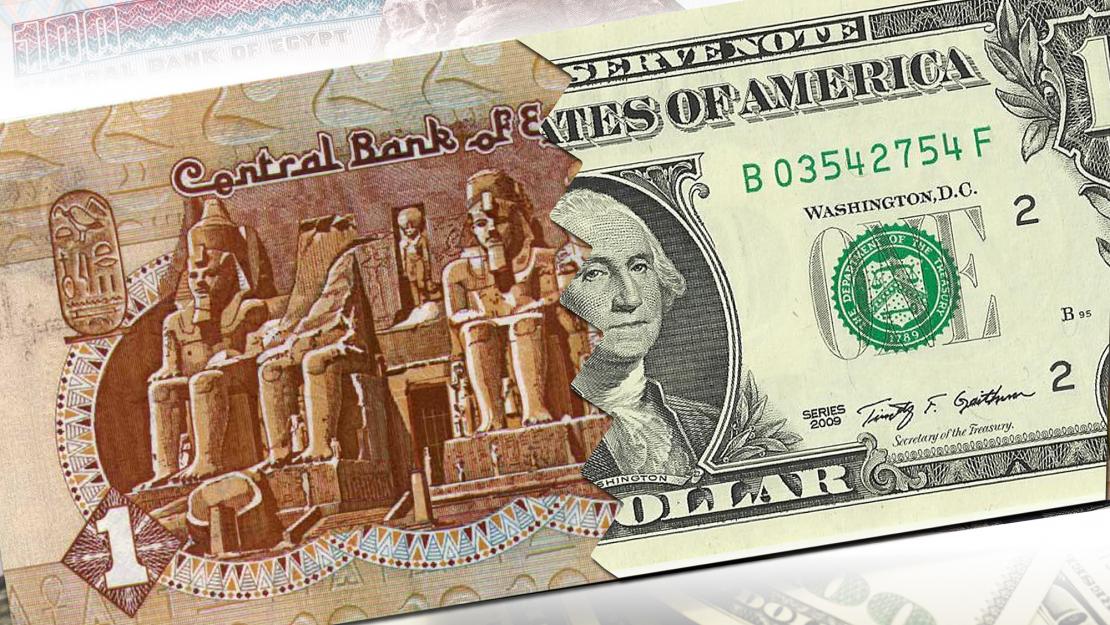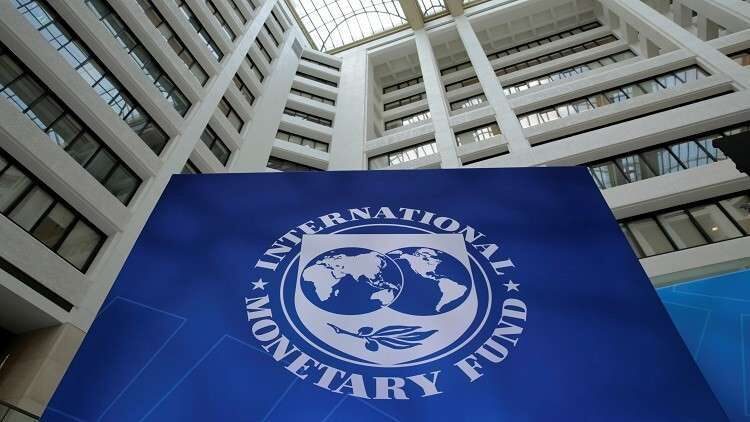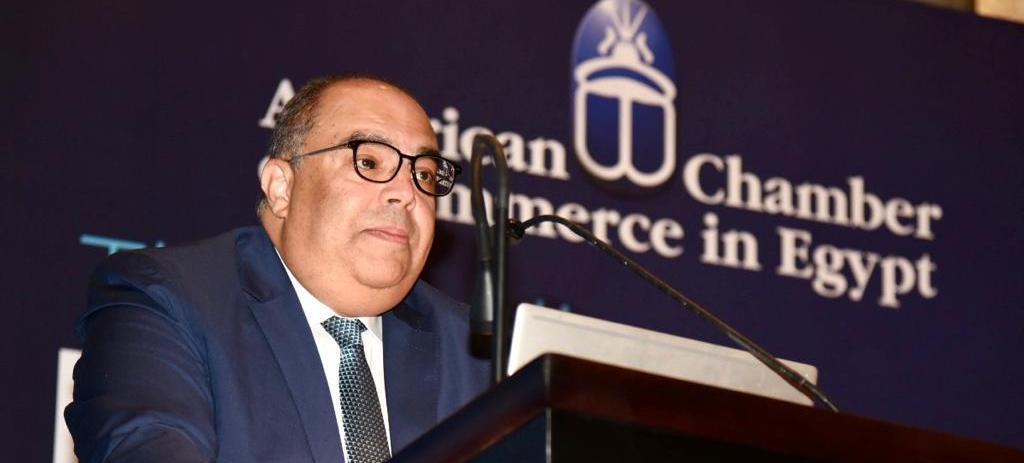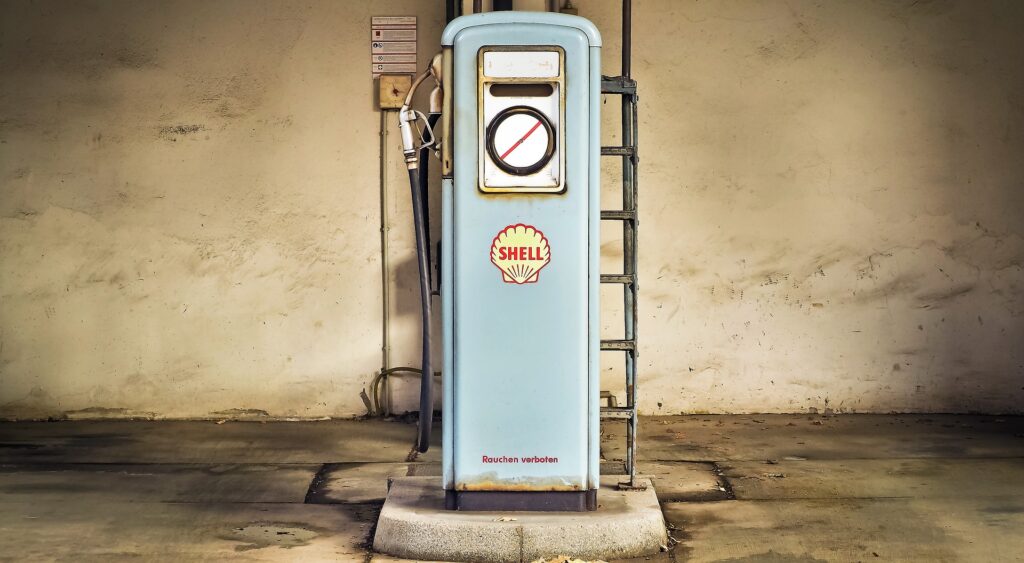Estimating the fair value of the Egyptian pound against the US dollar or forecasting its short-term performance has proved challenging for both experts and international financial institutions.
Business Monthly got in touch with over 10 banking experts and analysts from international financial institutions in an attempt to uncover the Egyptian pound’s fair rate against the greenback amid ongoing debates over its performance and the anticipated fourth wave of currency devaluation.
Experts reached a consensus that it’s impossible to estimate the fair price of the Egyptian pound, at the present or even over the short term.
Since March 2022 and through three waves of devaluation, the long-suffering Egyptian pound lost over 75% of its value against the US dollar, through which $1 is trading now at almost EGP 31 compared to a level of EGP 15/$1 back then.
“The Egyptian pound is set for a fourth devaluation to address the imbalances in the local currency market. We think this will only happen after the (Central Bank of Egypt) secures the needed capital inflows, mostly through the divestment plan,” the Head of MENA Country Risk, Global Banking and Financial Services at Fitch Solutions Ramona Moubarak told Business Monthly.
Egypt’s President Abdel Fattah El-Sisi said last week that a further devaluation of the local currency will not be applied if it negatively affects the people, even if it will contradict the IMF’s loan deal measures.
The president’s statements come amid severe economic conditions that weigh on Egyptian citizens; chiefly soaring inflation, increasing commodity and services prices, and declining purchasing power.
Moubarak has estimated that by the end of 2023, the EGP will trade at 38 per $1, with a potential for the local currency to appreciate through the next year. This is assuming that portfolio investors will continue investing in Egypt and progress is made on the state’s divestment plan, she noted.
This rate should allow the convergence of the parallel with the official market rate, she said.

Currency plummet
Egypt’s government is currently exploring several avenues that could help address the shortage of hard currency while trying to contain the parallel markets.
Black market rates in Egypt offer EGP 36 per $1 for small amounts, reaching up to EGP 40 for larger amounts, as of June 17, 2023.
Egypt is currently engaged in a $3 billion four-year loan deal with the International Monetary Fund (IMF), which came into effect in December, with no positive cues that the North African country has fulfilled its commitments under the loan program required to complete its first review, which was pushed to June-end mid-March.
“Egypt is not compliant with the IMF program. This is why the first review of the program has not yet happened. But we think the IMF has given Egypt time to make progress on the diversification program and to allow a more flexible exchange rate,’ Moubarak said, highlighting that Egypt is the second largest borrower from the IMF and a big part of the country’s external obligations next year is to the fund.
The two key commitments that Egypt vowed to apply are a flexible regime for both exchange rate and interest rates, as well as securing $2-$2.5 billion from the sale of state-owned assets and the application of a divestment plan.
“The combination of a devaluation and foreign currency inflow will help stabilize the currency, reduce foreign exchange risk, and narrow the spread with the parallel market. This will help attract the mass of foreign currency that is outside the official banking sector and will encourage expats to transfer money through the official channels. It will also encourage portfolio investors to come back to the Egyptian market,” Moubarak explained.
She also added that applying a fourth wave of local currency depreciation is depended on Egypt’s ability to sell the state-owned assets and to secure the needed funding to bridge its $17 billion financing gap.
“The three previous devaluation the CBE sallied imply a lesson and a risk that the central bank shall keep an eye on while heading to apply the fourth devaluation. If the Egyptian authorities managed to secure these funds in the next few months, they will proceed with the devaluation. Otherwise, they will keep this decision on hold,” Moubarak pointed out.
Devaluation ahead
Banking expert and the CEO of Alraya Consulting Hany Abou-El-Fotouh shared the same sentiment that estimating the fair rate of the US dollar against the Egyptian pound is a hard mission, especially due to the lack of government data.
Yet, Abou-El-Fotouh cited the recent report Citi Group released this month, which excluded the option that Egypt will further devaluate the local currency through September, assuming that potential growth in tourism revenues and the sale of the state-owned assets.
The report, which predicted the local currency to depreciate to EGP 36/$1 by the end of 2023 and EGP 37/$1 in 2024 noted that the country needs to seek more external financing to meet the importers’ and companies’ high and accumulated demand on the hard currency.
“Apart from attempting to recognize the fair rate of the EGP at the present, Egypt needs to diversify its sources of hard currency to overcome the ongoing shortage; including through expanding in attracting more foreign direct investment (FDIs), creating a convenient atmosphere for investment, increasing exports, and boosting the tourism sector,” Abou-El-Fotouh explained. This is in addition to incentivizing Egyptian expats to boost their remittance inflows.







